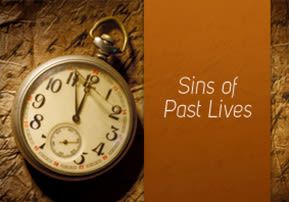
Sins of Past Lives
Does Hashem judge us on Rosh Hashana for sins of past lives? How can we possibly be expected to correct what we’re not even aware of? Rabbi Arush explains…

Translated by Rabbi Lazer Brody
Does Hashem judge us on Rosh Hashanah for sins of past lives? How can we possibly be expected to correct what we’re not even aware of?
Despite the realization that our suffering is designed to stimulate teshuva, we might still doubt that we are capable of true teshuva. After all, who knows how many sins we carry from previous incarnations? And even without taking all those sins into account, how many sins have we already transgressed in this lifetime? And even without taking all our past sins into account, how often do we unwittingly sin in the present? Every day 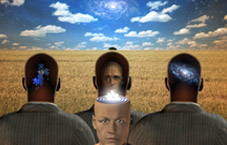 we add more sins! So how can we do teshuva? Are we doomed to suffer?
we add more sins! So how can we do teshuva? Are we doomed to suffer?
Such a mindset makes the knowledge that there are no tribulations without prior transgression a source of despair rather than encouragement…
Let’s put things in proper perspective: Hashem knows that a person cannot know what sins he transgressed in previous incarnations; He therefore does not make a person suffer in order to awaken him to do teshuva for them. Furthermore, Hashem does not make us suffer to stimulate teshuva for sins of this lifetime that are so long in the past we do not recall them. What remains are the sins of the present. Even in the regard to present sins, Hashem knows what we are capable of doing, each person on his current respective spiritual level. As such, Hashem only hints to us to do teshuva for those flaws that we are capable of rectifying at present.
We are only expected to rectify the present. Hashem allows us to make a new beginning and wipe the past’s slate clean, as long as we do teshuva for the day that has just transpired. This surely is not so difficult. Such a process enables us to see our flaws without being overwhelmed with mountains of past debts. Once Hashem sees that we are doing what we can to improve, He will no longer make us suffer. Living with the principle that “there is no suffering without sin” ultimately leads us to live a good life!
According to the Zohar (see Parshat Balak), one who labors to do teshuva for all those sins he is conscious of will merit correcting the misdeeds that he wasn’t aware of as well.
Regarding the laws of checking for chametz, unleavened bread derivatives that are forbidden on Passover, one need not search for crumbs in crevices of the home that are above the rafters or beneath the floorboards. A thorough cleaning and examination of all those places in his home that are in eye-view and arm’s reach are all that religious law requires.
Religious law regards teshuva in the same way. One need not confess each and every wrongdoing he has done since the day of his birth, including all his misdemeanors as a small child. He is also not expected to confess to sins he was not aware of transgressing, nor the sins he has forgotten; the former are likened to the crevices in a person’s home that are above the rafters or beneath the floorboards. We need only confess to those sins that are apparent to us. When we confess to the transgressions we are aware of having committed, the remainder of our sins will be forgiven as well.
We can now conclude that the doctrine of no tribulations without prior transgression is taught for the sole purpose of bringing us peace of mind and spirit; happiness, security and tranquility.
Incomparable Mercy
The hints Hashem gives us so that we can identify what we must rectify reflect His incomparable mercy. Would a person prefer to fool himself his entire life? On the contrary, one should take the greatest pleasure in identifying his flaws, enabling him to strive for perfection and ascend in spirituality. During daily self-evaluation, one should not be preoccupied with thoughts of suffering. He should bear in mind one thing: where is the truth? Where am I mistaken? He who desires to rectify will ultimately succeed, for the Gemara testifies that, “a man is taken on the path he desires” (tractate Makot, 10b).
On the other hand, a person who examines his actions only for the purpose of freeing himself from current tribulations will have difficulty in finding where he must correct himself. Such a person is not truly interested in finding the truth, and he does not care if he continues to live a lie just so long as he is rid of his suffering. For this, he is willing to do “teshuva“. But, since he’s not sincerely seeking the truth, he’ll have difficulty uprooting the root of his misdeeds and is likely to continue sinning in the future. This explains why there are those who practice daily hitbodedut and yet continue to suffer, while the harsh judgments against them seem only to increase, G-d forbid.
One who asks Hashem to cease the torment without his making true teshuva is in essence asking Hashem to capitulate – this is a great flaw. For example, would a father who lets his son eat chocolate all day long be categorized as merciful? Not at all! He’d be cruel for allowing his son to harm himself. In like manner, one who wants Hashem to be lenient and allow him to live his life in falsehood is asking Hashem to freely enable him to blemish his soul. Such leniency would be the epitome of cruelty when a person discovers the excruciating soul corrections he’ll have to undergo in the next world. Even in this world, discovering at age eighty that one lived a lie for all his life is purgatory in itself.
Any intelligent being will surely not wait complacently for suffering to torment him, but rather will precede its undesirable arrival with daily self-examination and teshuva. Otherwise he will be contradicting himself. On the one hand, he seeks the truth and yearns to rectify himself in this lifetime. He does not want to arrive at the world-to-come and discover he lived his life in falsehood. Also, he knows there is no suffering in this world without prior sin and believes as well that Hashem does not concede to sin and transgression. Yet on the other hand, he is waiting for tribulation to awaken him to do teshuva … why?
Why do people wait to suffer trials and tribulations in order to be awakened to teshuva? With our parable of the prisoner and the Justice Department’s offer of self-judgment, we have illustrated this principle at length. Hashem gives us the key to live a good life through our own sincere daily self-evaluation.
A person must be truthful with himself. Can he live an entire lifetime free of sin and spiritual setbacks? Of course not! So long as a person has not attained the true humility of Moses and cling to Hashem with every single breath, there will be times that he falls. Pride, in fact, is the root and essence of our evil inclination. As long as a person possesses even one iota of arrogance, he will inevitably sin. Hashem knows this. He knows the spiritual standing of every person, and therefore does not expect any of us never to sin. He does, however, expect us to do teshuva.
When a person judges himself each day – even if he doesn’t evaluate every single act and thought – all judgment against him will be mitigated. Again, we may conclude that there is truly a path by which a person can live a good and beautiful life according to the principle “there is no suffering without prior sin”. When a person does teshuva everyday he won’t have to suffer at all. May you be inscribed in the Book of Life for a wonderful New Year!


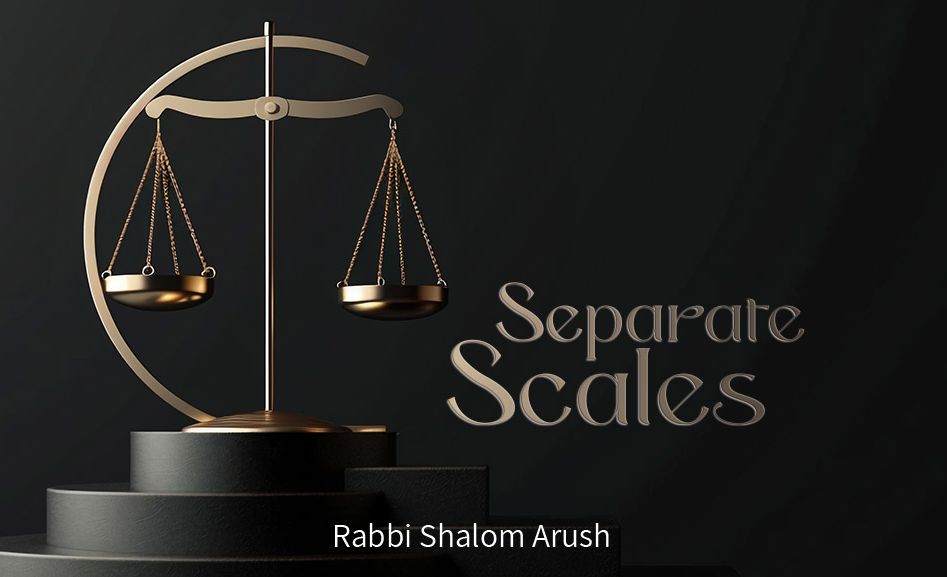
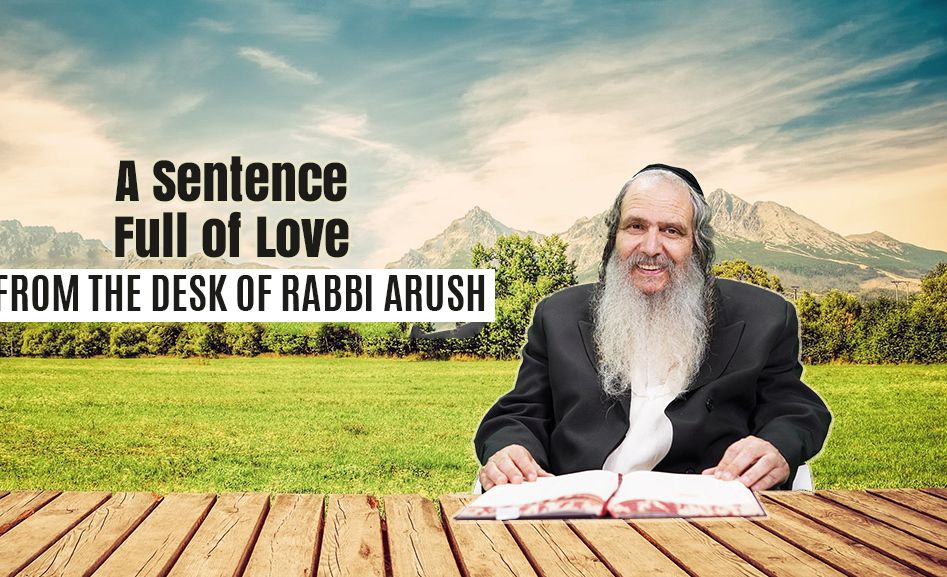
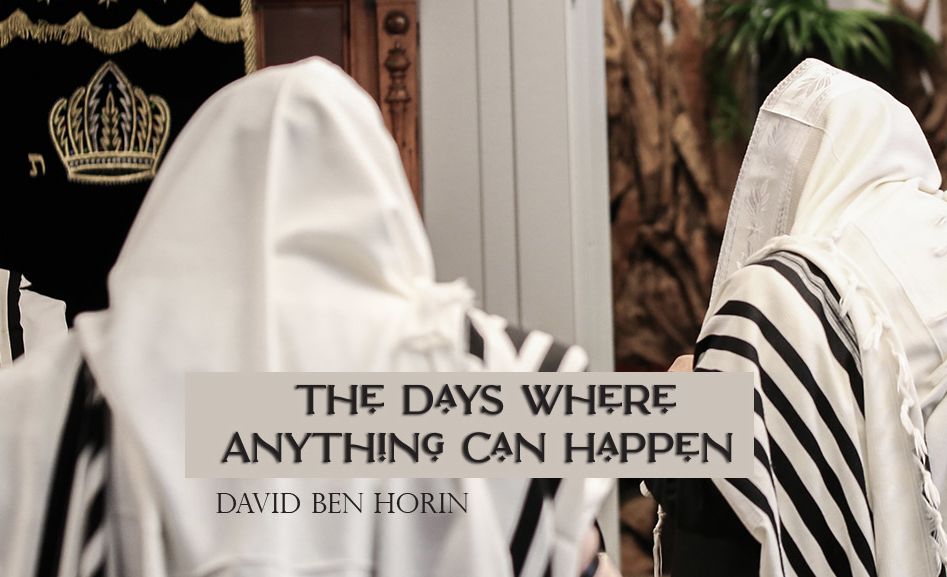
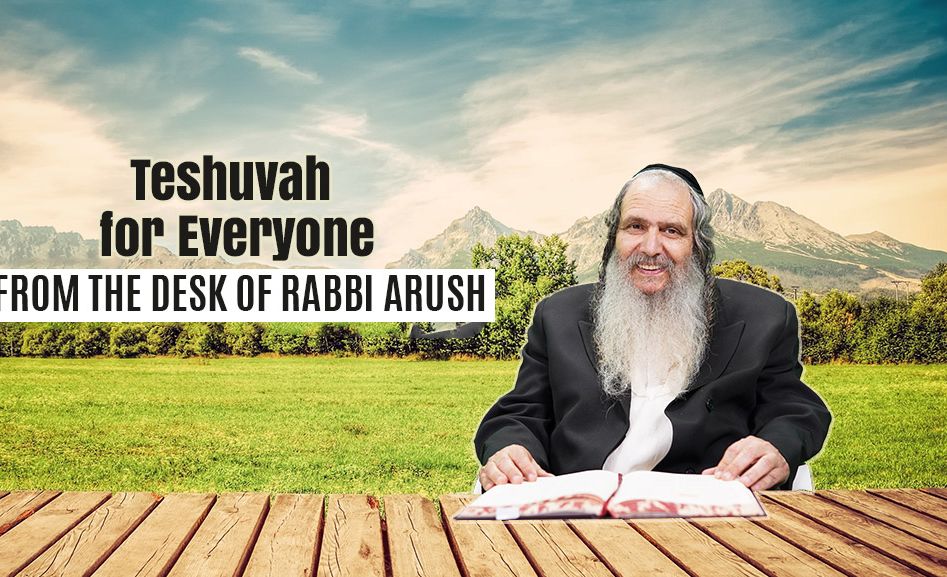


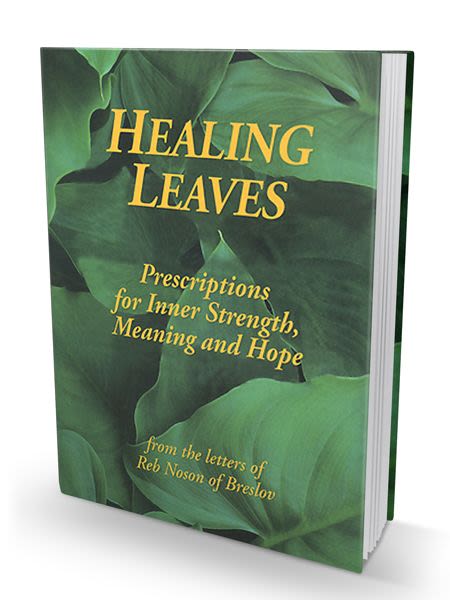



10/12/2015
Gratitude
Thank you Rabbi I love your articles and follow your teachings.
10/12/2015
Thank you Rabbi I love your articles and follow your teachings.